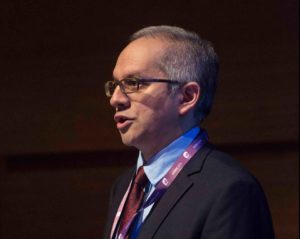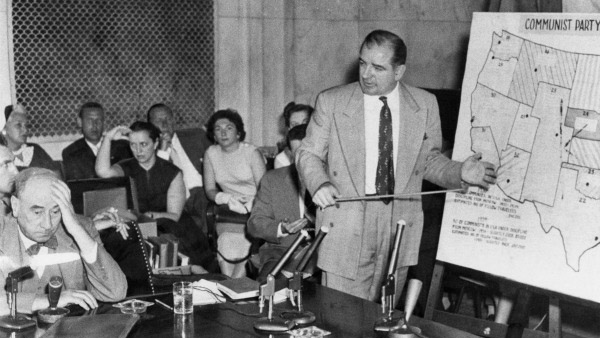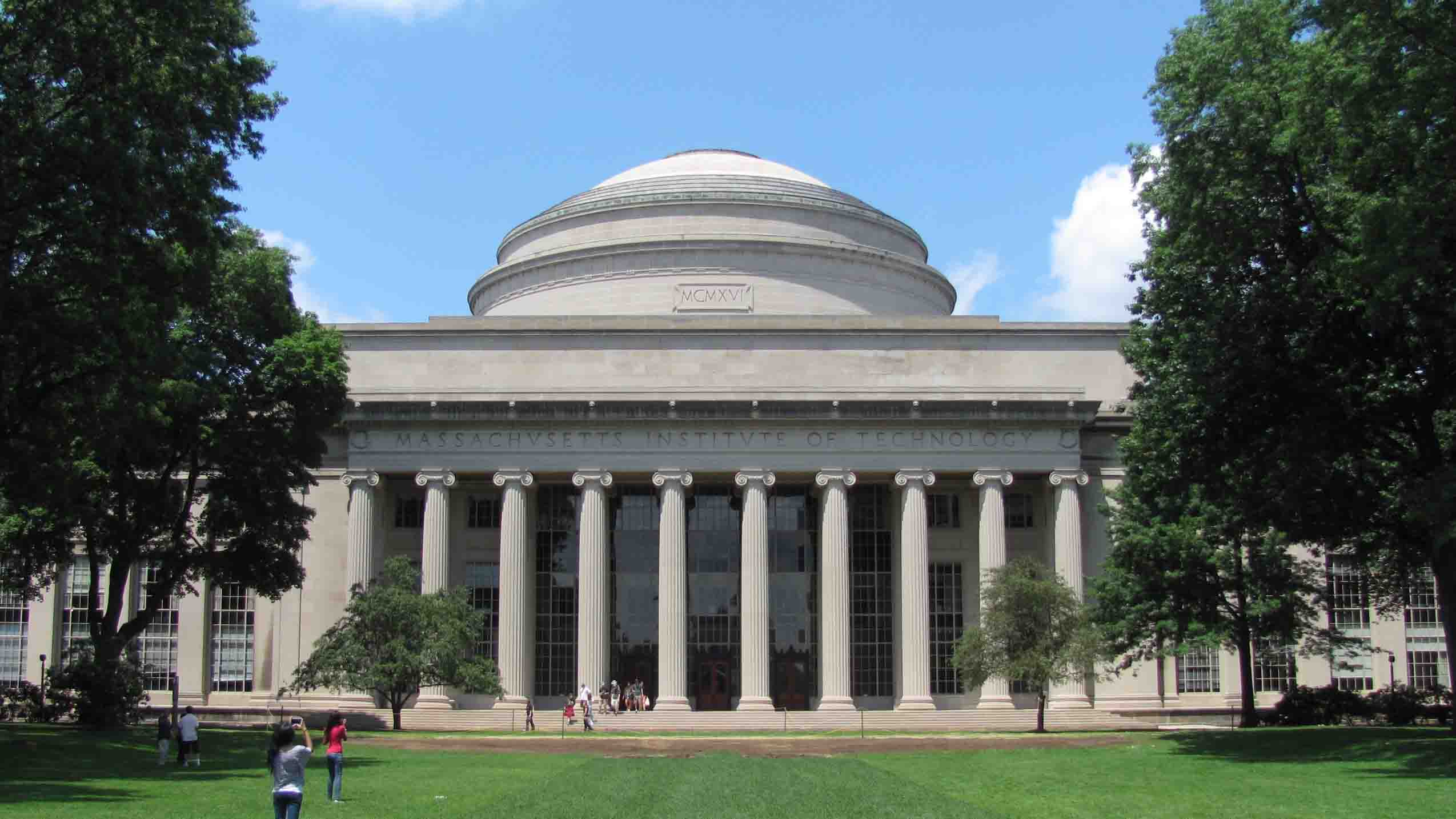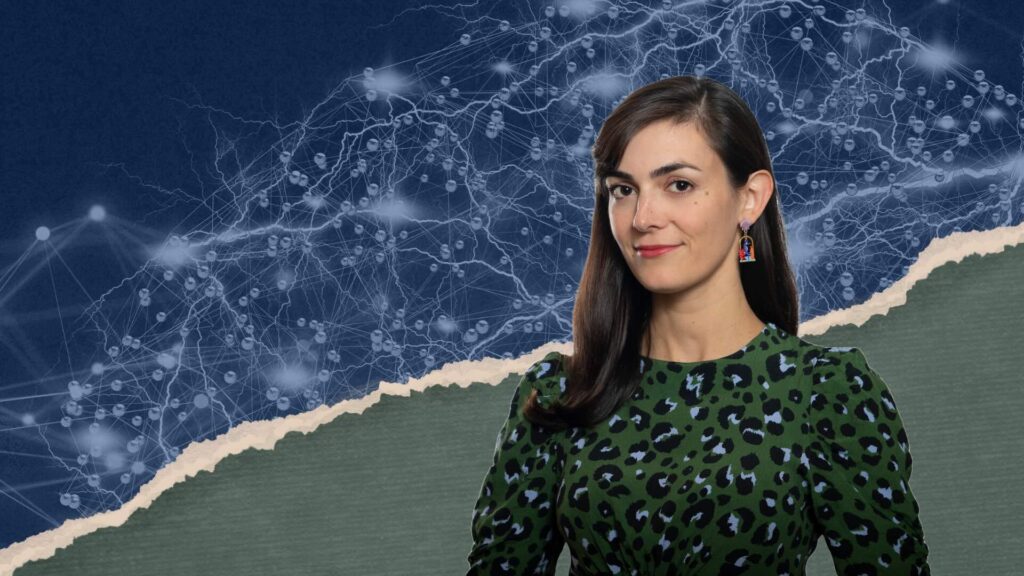U.S. Senator Joseph McCarthy (standing) led an infamous effort to purge U.S. institutions of communists. In a new audio documentary, Ehsan Masood gives voice to some of the lesser-known survivors.
In the fall of 2016, London-based science journalist Ehsan Masood (‘18) was in Boston promoting his latest book, The Great Invention, when he decided to meet for lunch with one of his sources, the then 89-year-old economist Gustav Papanek.
During the lunch, Papanek recalled his time working in Pakistan during the early 1950s, helping the newly independent country develop its finance and trade. Masood asked Papanek “in a throwaway sort of way” how he ended up in Pakistan. The economist’s reply caused Masood’s ears to perk up: “Oh, I was on the blacklist.”
As it turned out, Papanek had, as a young man, been ensnared in the net of McCarthyism, Senator Joseph McCarthy’s post-world-war campaign to purge the U.S. government and allied institutions of communists. “After Gus told me his story, I just knew that there had to be more survivors,” recalls Masood.

And so began an ambitious oral history project — a project that Masood pursued doggedly as a 2017-18 Knight Science Journalism fellow. Masood’s efforts have now borne fruit in the form of a captivating half-hour audio documentary called Surviving McCarthy, which aired last month on BBC radio and remains available for streaming.
Memories of McCarthyism still haunt the minds of Americans and people the world over, but Masood noticed that most of the attention had been focused on high profile victims in Hollywood. He wanted to capture the overlooked stories of “the scientists, the economists, the journalists, the young university students” whose lives had been upended by the anti-communist campaign. With the last McCarthy trial having ended more than 60 years ago, Masood’s biggest challenge was finding living survivors to talk to.
When Masood arrived in Cambridge to begin his Knight Science Journalism fellowship, he discovered that serendipity was on his side. Through meetings with Deborah Douglas, Director of Collections at the MIT Museum, and Nora Murphy, an archivist with MIT Libraries, he learned the story of mathematician and McCarthy target Dirk Struik. Likewise, a meeting with Boston University’s Dean of Communications led Masood to the story of journalist Bernard Redmont, a war veteran who came under McCarthy’s scrutiny after being wrongly named in a newspaper as being a communist.
“I hit gold again during the intersession [between the fall and spring semesters], when I took an evening class at MIT in the history of U.S. defense R&D policy,” recalls Masood. “It turned out that quite a few of the participants were either retired or active left-wingers from the local area.”
There was also famed psychologist Leon Kamin, who drew McCarthy’s gaze after joining the Communist party as a Harvard graduate student. By coincidence, Kamin had just returned to Boston and was living in an apartment near Boston University, a few stones’ throws away from MIT’s campus.
Even the Knight Science Journalism Program’s founding director, Victor McElheny, makes a cameo in the documentary. During the 1950s, McElheny covered the Kamin trial as a reporter for Harvard’s student newspaper, The Crimson.
Says Masood, “I discovered that Cambridge had been the epicenter of 50s east-coast Communism — and still is to some extent today … I can’t underscore enough the value of the KSJ fellowship and being in Cambridge.”
Masood’s documentary arrives during a critical cultural moment: From the U.S. to Europe and beyond, the nationalist and xenophobic urges that fueled McCarthyism are experiencing a resurgence.
“I hope that the readers and listeners will realize that the impulse behind McCarthyism never went away, and that we should all know what to expect if or when it happens again,” says Masood. “The convoy of populism seems to be coming and if we just sit still, we risk getting run over.”





Leave a Reply